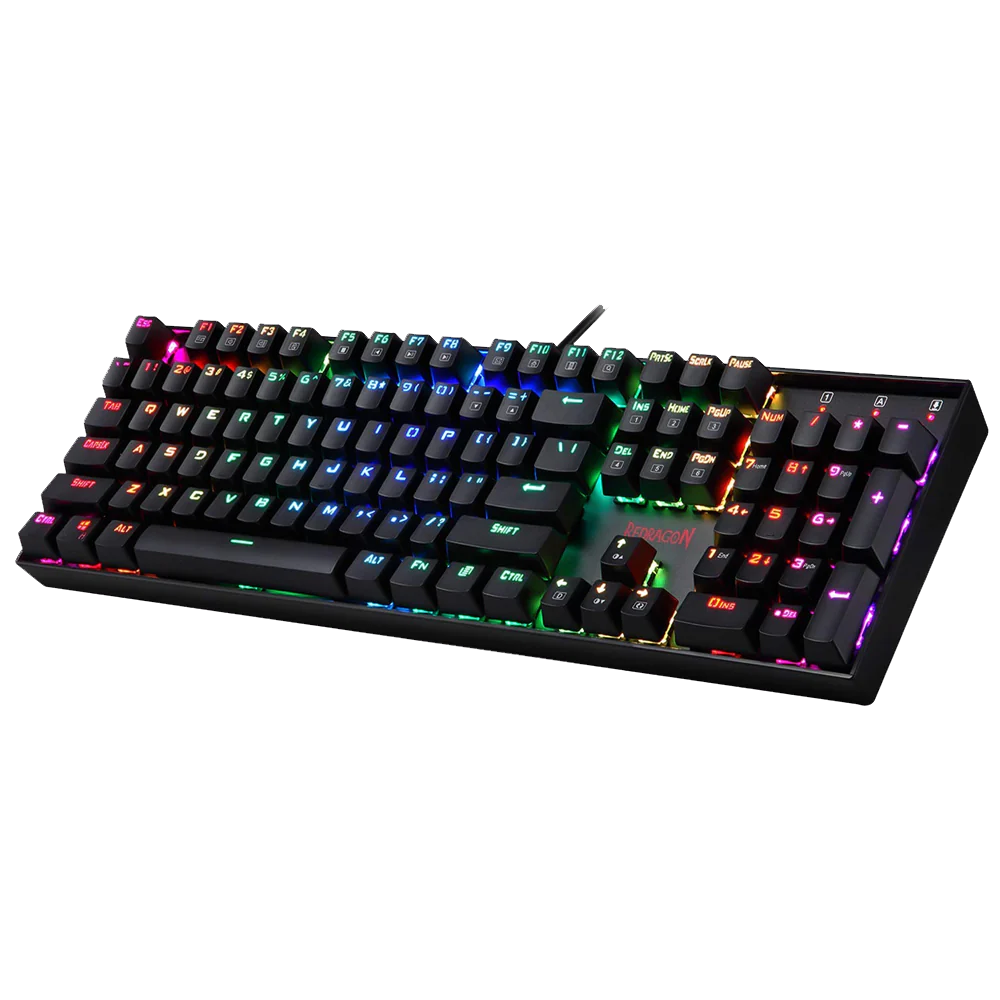In today’s fast-paced work environment, prioritizing comfort while enhancing productivity is essential, especially for those who spend long hours at their desks. Mechanical keyboards have emerged as a popular solution to combat the discomfort and strain associated with traditional keyboards. Designed with the user’s posture and hand movements in mind, these keyboards offer a range of features aimed at reducing the risk of repetitive strain injuries RSIs and promoting overall well-being. One of the standout features of mechanical keyboards is their design, which often includes a split or tented layout. This innovative configuration allows users to maintain a more natural wrist position while typing, reducing the stress on the wrists and forearms. For instance, traditional flat keyboards can cause the wrists to bend unnaturally, leading to discomfort and potential long-term injuries like carpal tunnel syndrome. Mechanical keyboards, with their angled designs, encourage a more neutral position, which can significantly alleviate these issues. Additionally, many mechanical keyboards come equipped with cushioned wrist supports.

These soft pads provide a comfortable resting place for the wrists, further reducing strain during extended typing sessions. A well-designed wrist rest not only enhances comfort but also promotes better alignment of the hands and forearms, which is crucial for maintaining good posture. This is especially important for professionals who engage in prolonged periods of typing, as maintaining proper alignment can lead to increased efficiency and reduced fatigue. Another important aspect of mechanical keyboards is their key design. Many models feature keys that are easier to press, requiring less force, which can minimize the effort needed for typing. This can be particularly beneficial for those who type extensively throughout the day. Some mechanical keyboards also offer customizable key layouts and programmable keys, allowing users to tailor their typing experience to their preferences and workflows. This flexibility can enhance productivity by enabling users to access frequently used commands or shortcuts with ease, reducing the time spent navigating software applications.
For individuals who switch between typing and other tasks frequently, mechanical keyboard is designed to be portable and lightweight. This allows users to take their comfort with them, whether they are working from home, in the office, or on the go. The growing trend of remote work has made it even more important for individuals to have mechanical solutions that can adapt to different environments, ensuring that comfort and productivity are not sacrificed. The reduction of discomfort and pain associated with typing can lead to increased focus and concentration, allowing professionals to stay engaged in their tasks. When users feel comfortable and pain-free, they are more likely to maintain a positive attitude towards their work, ultimately enhancing overall job satisfaction. In conclusion, investing in a mechanical keyboard is a proactive step towards promoting comfort and efficiency in the workplace. With features designed to support natural wrist positioning, minimize strain, and enhance productivity, these keyboards are essential tools for anyone who spends significant time typing.
